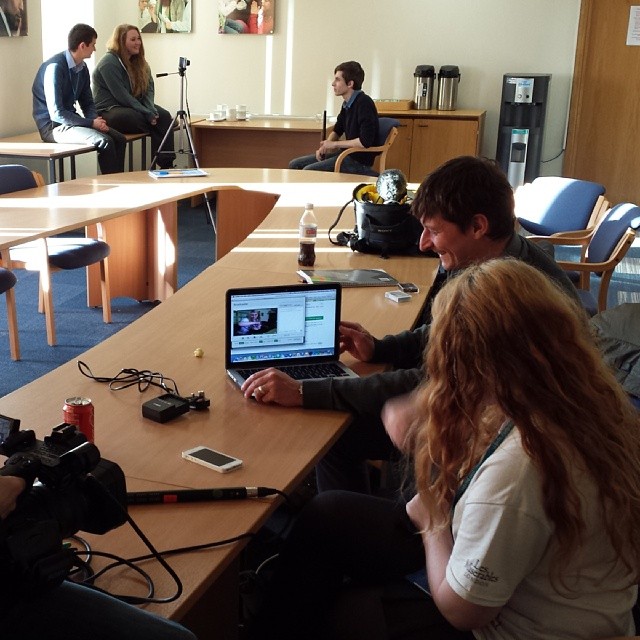
I’ve just begun a piece of work with Leeds City College. There are a number of strands to it, more of the others later. This post is about the work we are doing on Printworks.
We are building to the full launch of the Printworks campus which will take place in August of this year. Printworks is a state-of-the-art campus housed in the former Alf Cooke Printworks in Hunslet. It is a building which has a rich history, including being the place where the first colour playing cards were produced, and for years, it was acknowledged as the world’s leading producer of cards. Printworks is an iconic building to the people of Hunslet and to the wider community in Leeds, and is important to many who came in contact with it as employees, customers or contractors.
On the launch day in August, we’ll be live streaming and flooding social media with the exciting activities taking place (more of which later), but, between now and then, we are seeking to engage with the local community and the former workforce of of the print company, to build a living history of the building and its place in the community and the economy of Leeds.
We’ve already made a start on this, as Raychel McGuin, the college’s Marketing Manager has made contact with a number of former workers at the works, and we met with them last week to kick things off. We are now working to form a Friends of Printworks group whose role will be to engage with the community and help us build an historical record of the building. So, we are asking the following:
- Would you like to be part of the Friends of Printworks group?
- Do you have any historical items / artefacts associated with the building or with Alf Cooke?
- Do you have any stories to share about something that happened in the building or while working for or doing business with the Printworks?
- Do you have any photos of the window of St. Jude’s Church which was incorporated into the building in the 1950s?
We’ve already heard some great stories from the people we’ve engaged with, including
- The employee who used to run his car on printing fluid;
- The workers who brought their own coal in from home to fuel fires in the building;
- Fights on the shop floor; and
- The women who worked assembling munitions on the balconies during the Second World War.
The Alf Cooke company was known to be generous to its workforce, sponsoring annual racing and fishing trips, and running a number of sports teams including rugby and cricket teams. There must be thousands of people with some kind of connection to the building, and we’d love to hear your stories.
If you have anything to say about Printworks, or want to get involved in the friends group, please get in touch.

Former Printworks employees John Tonks, Norman Raddings, and Denis Smith




